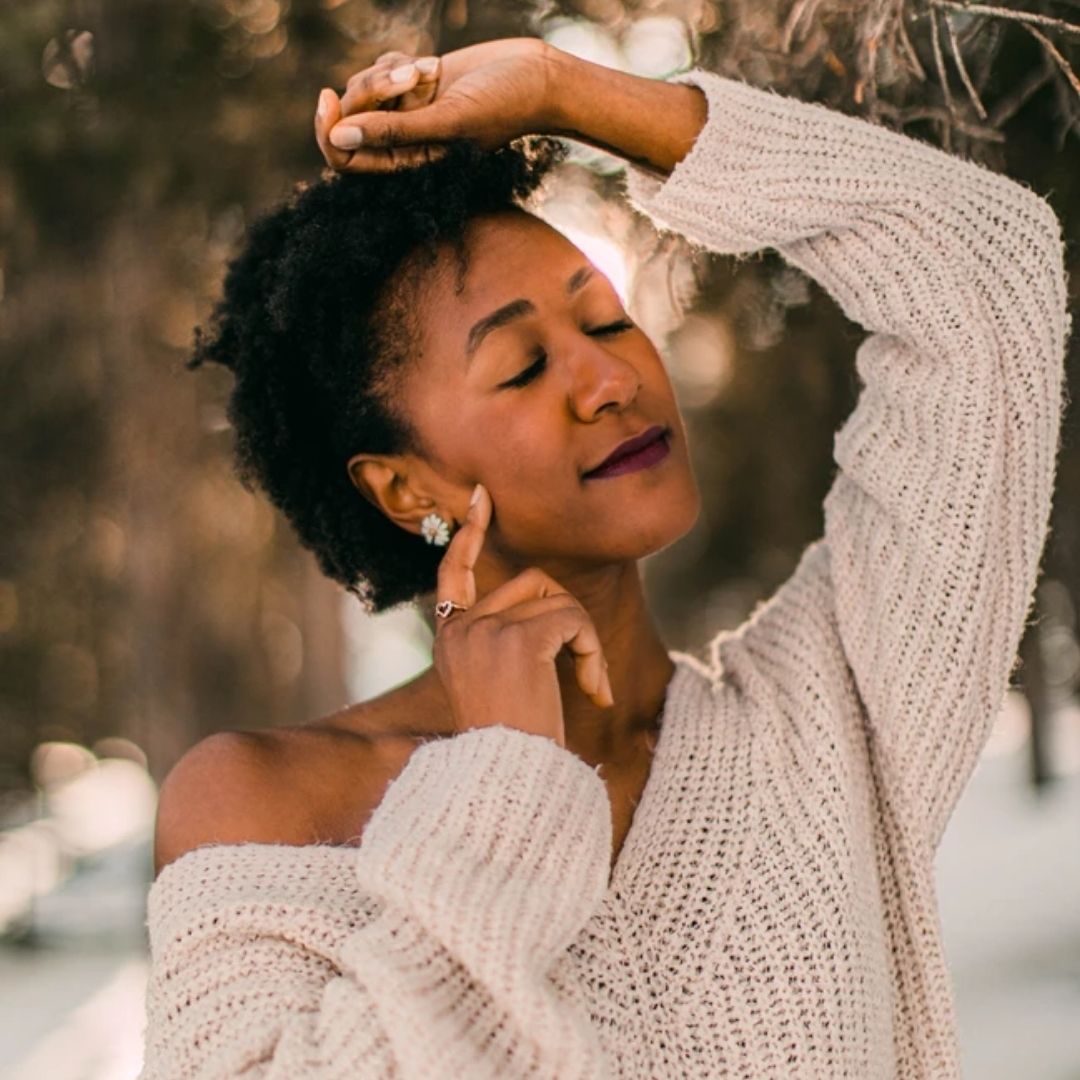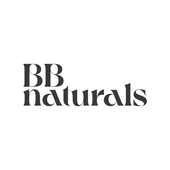
When it comes to natural hair care, if you focus on improving and maintaining the health of your hair, length and lustre will usually follow. Your routine is the foundation for your own personal hair goals, as well as being your most valuable resource when experimenting with, troubleshooting and assessing your choice of products and techniques.
It is easy to get caught up in the latest trends, or with new releases and discoveries, so let's take it back to basics and look at three useful tips for growing healthy natural hair.
1. Oil does not hydrate natural hair
However, they can only really perform at they best when you hydrate you hair first – and this is best done by water, or water-based ingredients.
Oils and butters are emollients that can make hair softer, shinier, or deter knotting. On their own, they do not moisturise. Moisturisation comes from first hydrating with water, or water-based product, and then sealing this moisture in with an oil or butter.
2. Conditioner can not do the job of a shampoo
Your hair and scalp will let you know if you need to be cleansing more regularly, or if you can afford to leave it longer. You might experience drier strands than usual if you are over doing it, or excessive build up if you need to get to it more often.
You might find that this leaves in you a Catch-22 situation where your hair feels as though it needs more frequent cleansing, but your hair doesn't – and visa-versa. It is usually at this juncture that many naturals choose to incorporate co-washing into their routine...
As refreshing as it may feel, co-washing and cleansing are not one and the same! Conditioner could never do the job of a shampoo – the chemistry of shampoos and conditioners are complete opposites, as the best duos often are!
Shampoo is negatively charged to lift built-up. Whereas conditioner is positively charged to absorb nutrients and protect your strands. So, if you use heavy oils and butters, you do actually ned the clarifying properties of an actual shampoo as a regular part of your hair care routine.
The key is to find a shampoo that uses lower concentrations of gentle surfactants, which won't dry your curls. That way you can cleanse with confidence and lather up twice should you need a deep clean.
3. Protect your ends
Once hair emerges from your scalp, it is actually considered to be a dead fibre. In the same way as our nails, our hair strands are made of a protein called keratin. Everything we do with the hair we see is to preserve it – after all, it can't repair itself once its damaged.
The growth we see in both out hair and out nails takes place below the surface. It's a process that takes place without any intervention from us, and to be able to see its progress, the best we can do is minimise any weathering or breakage.
Here's how you can approach this:
Ultimately, these three tips go hand in hand! Taking care of your new growth, cleansing when you need to, and moisturising effectively will help to maintain both healthy hair and a healthy scalp. Wearing your bonnet at night, taking breaks from tight styles and incorporating frequent moisturising deep conditioning treatments will help to protect your hair from breakage.
So, together you have a strong combination of preventative and protective measures for healthy natural hair. Which of these will you be focusing on most?



Leave a comment: